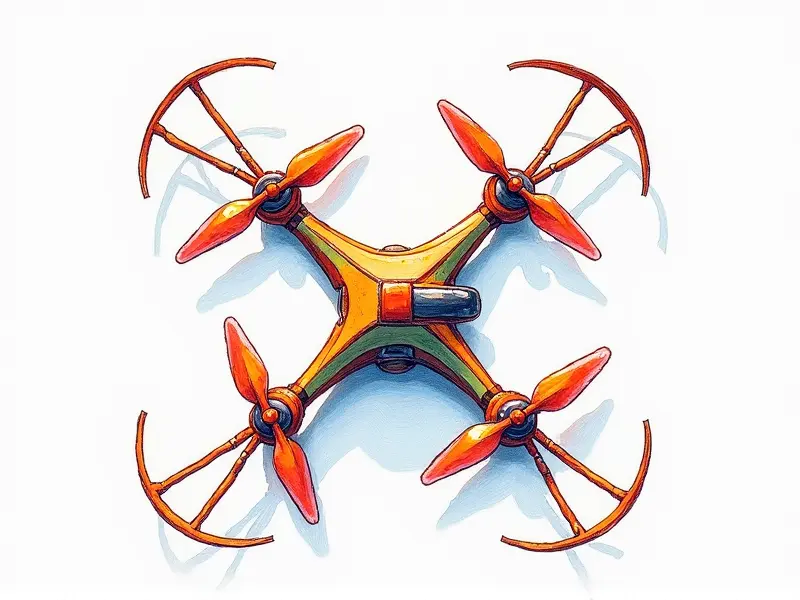How to recycle Li-Po batteries

How to Safely Recycle LiPo Batteries
The process of recycling Lithium Polymer (LiPo) batteries requires careful handling due to the potential hazards associated with these energy storage devices. Before you begin, it's crucial to understand that improper disposal can lead to environmental damage and even safety risks such as fires or explosions.
Why You Should Recycle Your LiPo Batteries
Recycling LiPo batteries is essential for several reasons:
- Environmental Protection: Proper recycling helps prevent toxic materials from entering the environment and harming wildlife.
- Economic Benefits: Recycling can recover valuable metals like lithium, cobalt, and nickel, reducing the need to extract new raw materials.
- Safety: Improper disposal increases the risk of fires or other hazards in landfills and waste facilities.
Eco-Friendly Disposal of Used LiPo Batteries
To ensure eco-friendly disposal, follow these steps:
- Contact Local Recycling Centers: Many areas have specialized recycling centers equipped to handle electronic waste safely.
- Check Manufacturer Programs: Some battery manufacturers offer take-back programs for used LiPo batteries.
Tips for Recycling Old LiPo Batteries
Here are some practical tips to help you recycle your old LiPo batteries effectively:
- Dry the Battery: Ensure that any electrolyte fluid is completely dry before recycling.
- Cut Off Power: Disconnect all power sources and discharge the battery fully if possible.
- Package Securely: Use non-conductive packaging materials to prevent short circuits during transport.
Safe Recycling Practices for LiPo Batteries
Safety is paramount when dealing with used batteries. Here are some safe practices:
- Avoid Mixing Batteries: Do not mix different types or voltages of batteries.
- Use Proper Tools: Equip yourself with the necessary tools to safely handle and recycle batteries.
The Right Way to Dispose of LiPos
Follow these guidelines for proper disposal:
- Discharge Completely: Discharge the battery fully before attempting any recycling or disposal procedures.
- Transport Safely: Ensure that used batteries are transported in a manner that prevents accidental discharge or fire.
Reduce Waste with LiPo Battery Recycling
Recycling contributes to waste reduction by recovering valuable materials and preventing pollution. By recycling, you help conserve resources and reduce the environmental footprint of electronic devices.
DIY Guide: Recycling LiPo Batteries
If you're interested in a DIY approach:
- Disassemble Safely: Carefully disassemble the battery to remove components that can be recycled separately.
- Reuse Components: Some parts of the battery may still have value and could potentially be reused or repurposed.
The Impact of Proper LiPo Battery Recycling
Proper recycling not only ensures safety but also has significant positive impacts on both environmental conservation and resource recovery. It reduces landfill waste, conserves natural resources, and promotes sustainable practices in the electronics industry.
Environmental Impact: Recycling LiPo Cells
The environmental benefits of recycling LiPo cells are substantial:
- Toxin Reduction: Prevents harmful chemicals from entering soil and water systems.
- Ecosystem Protection: Safeguards wildlife habitats by reducing pollution.
LiPo Battery Recycling for Beginners
If you're new to recycling LiPo batteries, here are some key points to remember:
- Research Local Options: Look up local recycling centers or manufacturer take-back programs.
- Familiarize with Safety Procedures: Learn about safe handling and disposal methods before proceeding.
Conclusion
Recycling LiPo batteries is not only an environmentally responsible action but also a critical step in managing electronic waste safely. By following the guidelines outlined above, you can contribute to sustainability efforts while ensuring that your used batteries are disposed of properly and responsibly.

